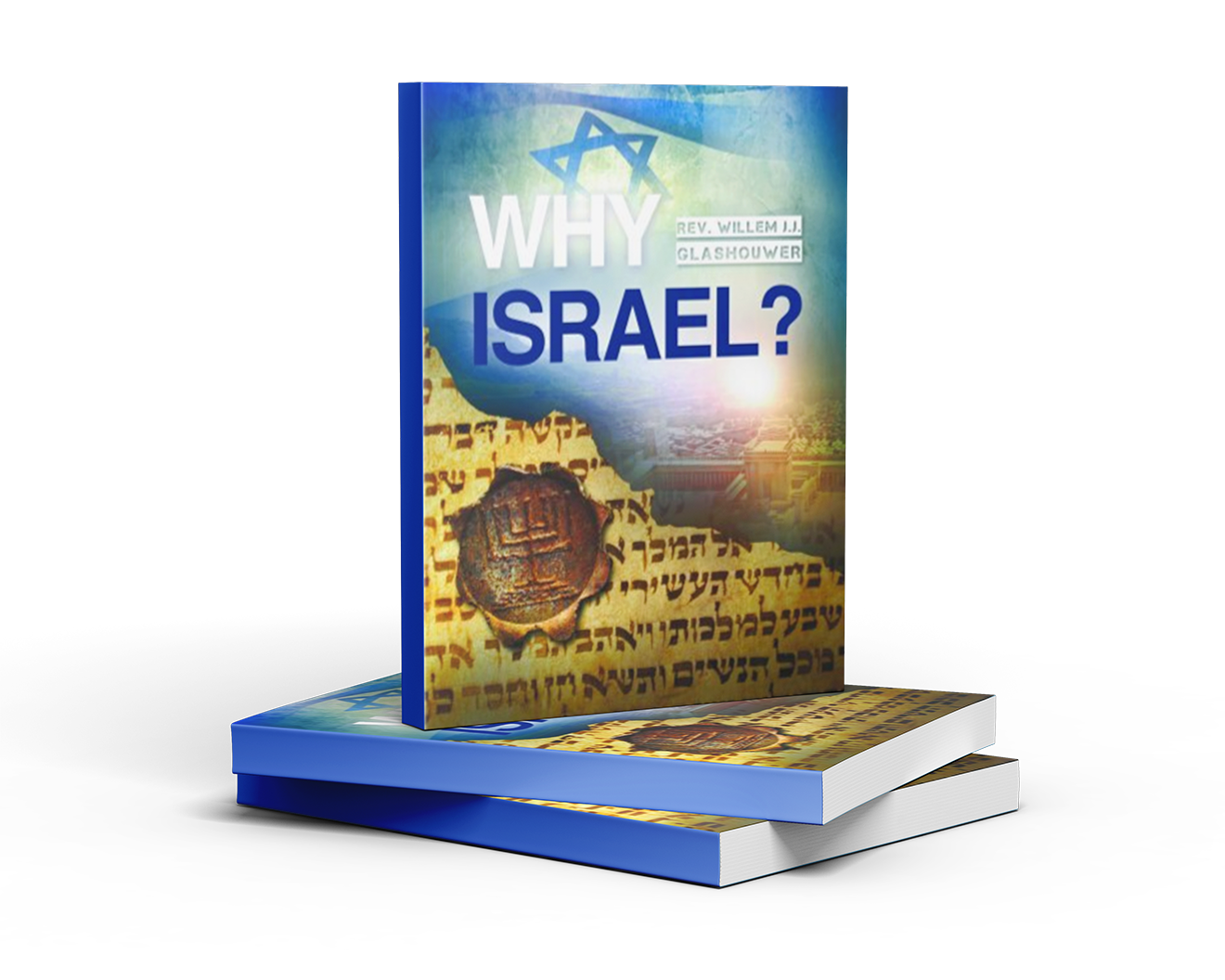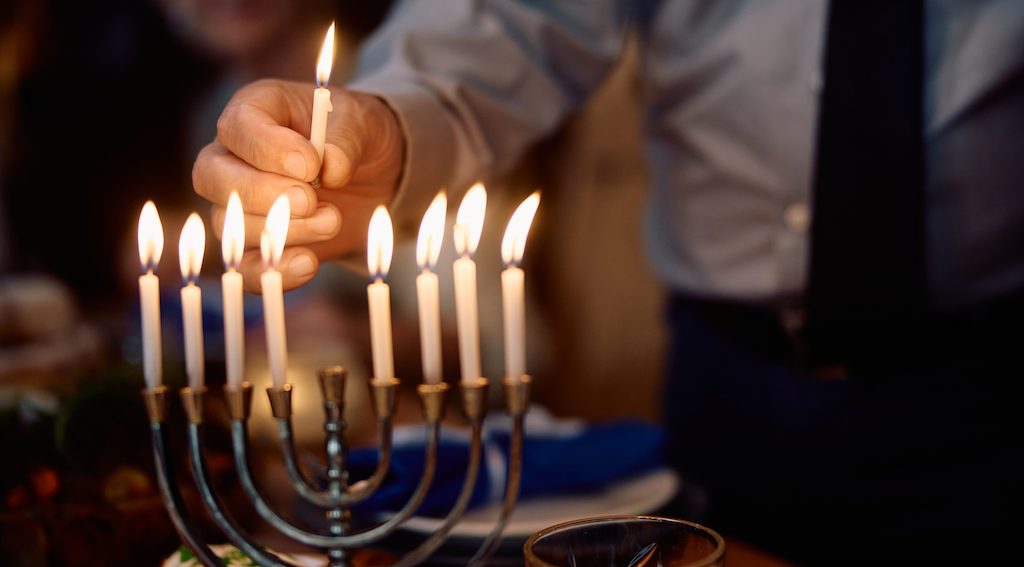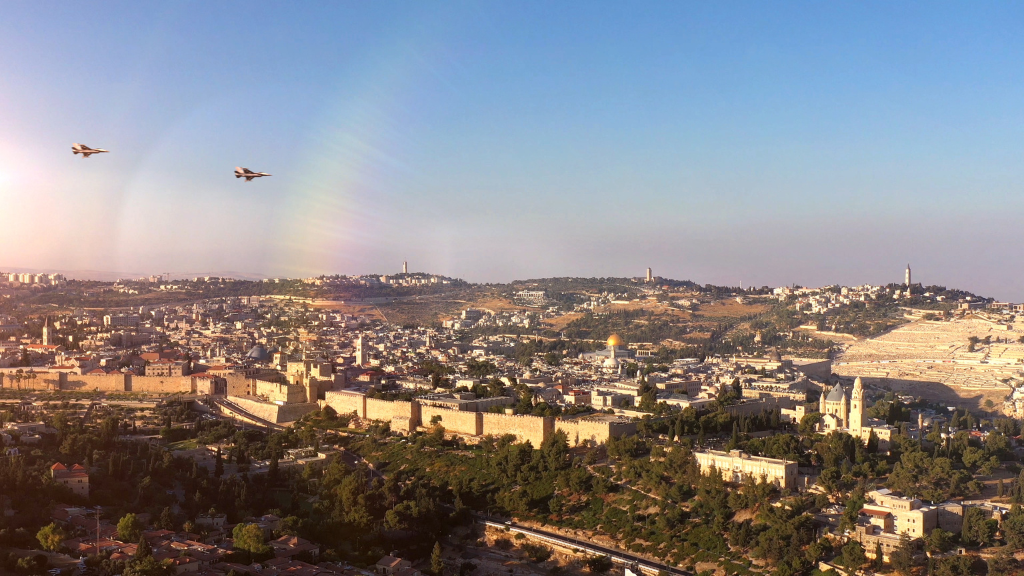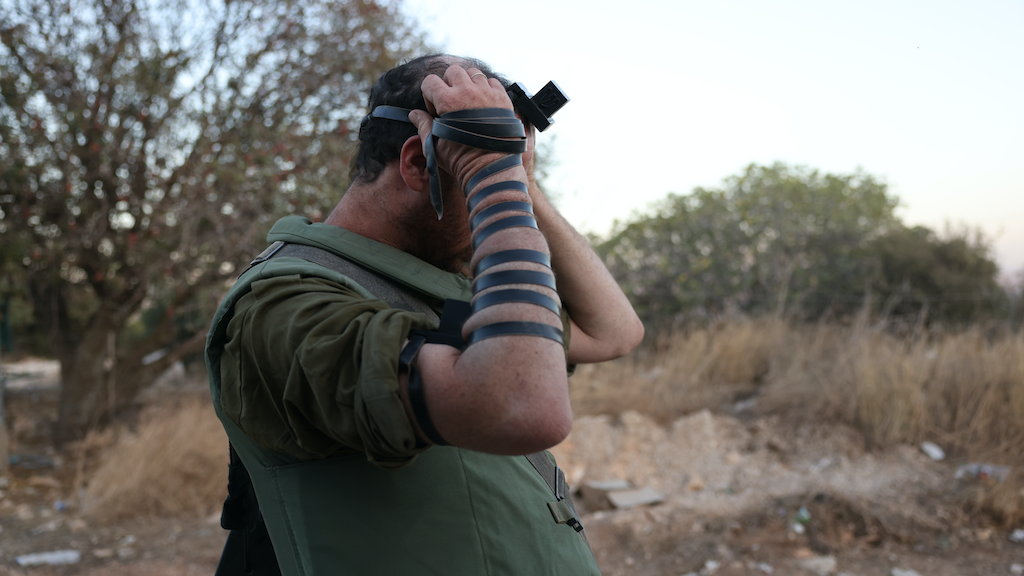Yom Kippur: The Holiest Day of the Jewish Year
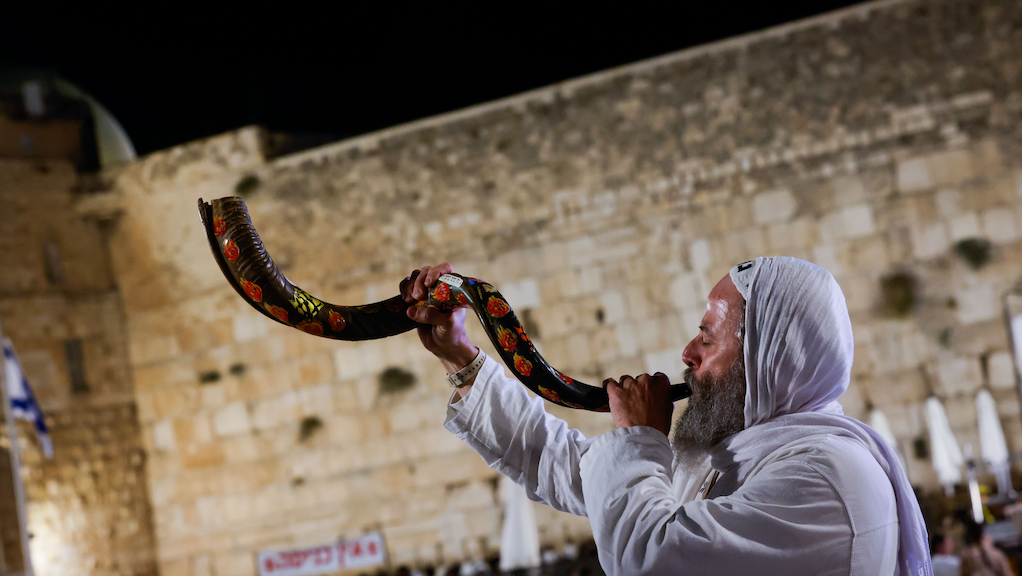 A Jewish man blows a shofar as Jews arrive for a forgiveness prayer (Selichot), at the Western Wall in the Old City of Jerusalem, two days before Yom Kippur. | Photo: Chaim Goldberg/Flash90
A Jewish man blows a shofar as Jews arrive for a forgiveness prayer (Selichot), at the Western Wall in the Old City of Jerusalem, two days before Yom Kippur. | Photo: Chaim Goldberg/Flash90
Yom Kippur is the holiest day of the year — the moment when Jews feel closest to God. It is the Day of Atonement — “For on this day, He will forgive you, to purify you, that you be cleansed from all your sins before God” (Leviticus 16:30).
For nearly twenty-six hours, from a few minutes before sunset on 9 Tishrei until after nightfall on 10 Tishrei, faithful Jews “afflict their souls”: abstaining from food and drink, refraining from washing or anointing the body, avoiding leather footwear, and abstaining from marital relations. This year, Yom Kippur will begin at sunset on Wednesday, October 1, 2025, and conclude at nightfall on Thursday, October 2, 2025.
In advance of Yom Kippur, the Kaparot service is performed, during this symbolic ritual a chicken is passed over one’s head three times while reciting specific prayers. The chicken is then humanely slaughtered according to kashrut laws and either donated to charity or sold, with the proceeds going to a worthy cause. Furthermore everyone receives honey cake as a sweet expression of hope for the coming year; a festive meal is eaten; many immerse in a mikvah (ritual bath); and extra charity is given. On the eve of the fast the pre‑fast meal is taken, children are blessed, a memorial candle is lit, and many proceed to the synagogue for the Kol Nidrei service.
During Yom Kippur, five prayer services are recited:
Maariv with the Kol Nidrei service; Shacharit, the morning prayer including Torah reading from Leviticus followed by the Yizkor memorial service; Musaf, which includes a detailed account of the Yom Kippur Temple service; Minchah, which includes the reading of the Book of Jonah; and Ne’ilah, the ‘closing of the gates’ service at sunset. The confession of sins (Hebrew: Al Chet) is said eight times in the course of Yom Kippur, and Psalms are recited at every available moment.
Although Yom Kippur is the most solemn day of the year — it carries an underlying joy: the deep spiritual uplift, the confidence that God will accept our repentance, forgive our sins, and inscribe us for a year of life, health, and happiness. At the closing Ne’ilah service, as the gates close, worshippers unite in the resonant, fervent cry: “Hear O Israel… God is One.” Joy bursts forth in song, dance, a final blast of the shofar, and the heartfelt declaration, “Next year in Jerusalem.” After the fast, a festive meal unites the community — the evening itself becomes a Yom Tov (festival) in its own right.
Why Israel? by Rev. Willem Glashouwer
Order the book